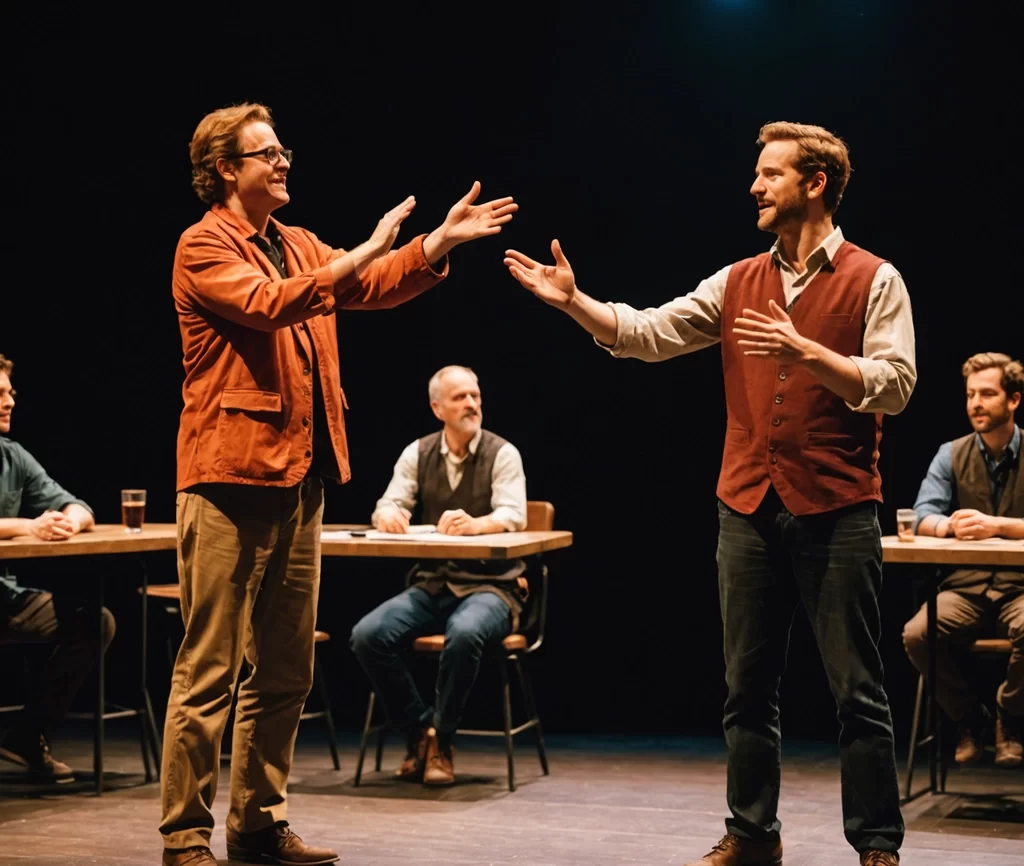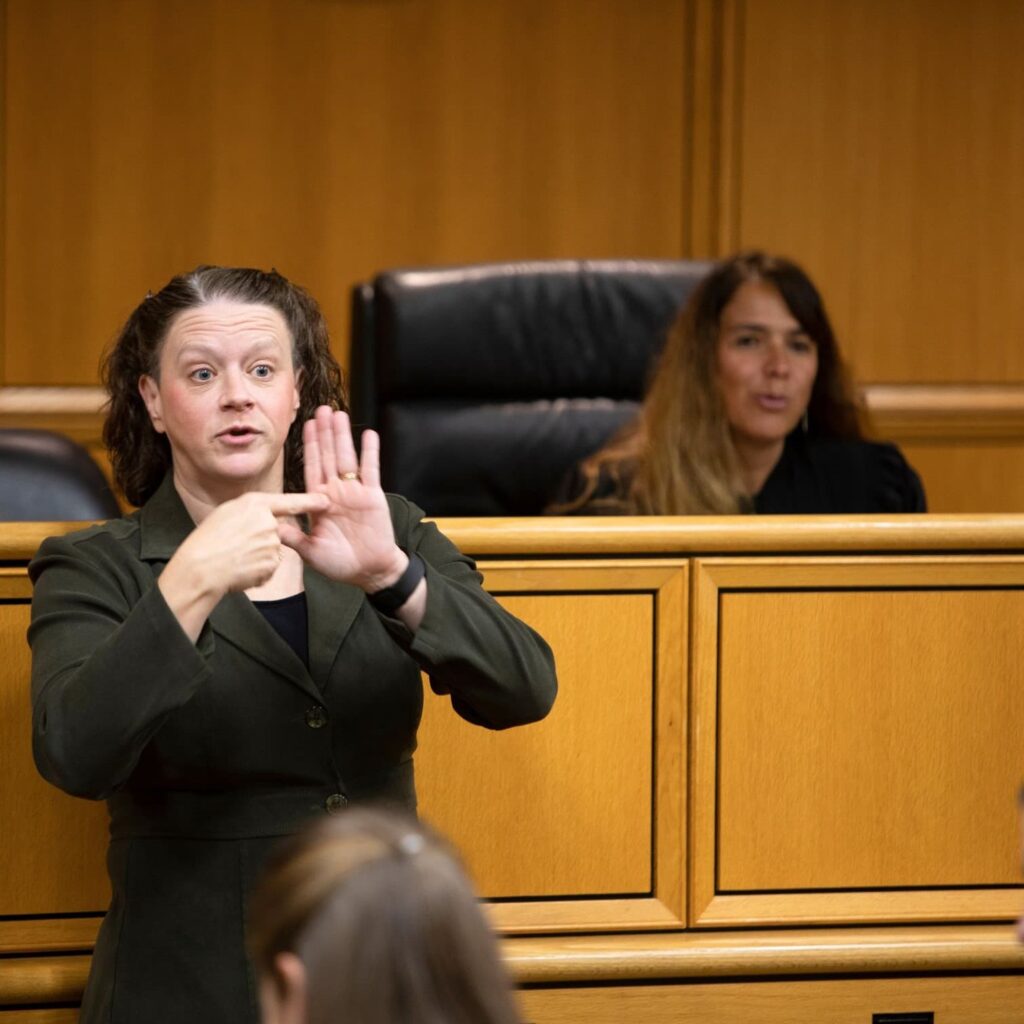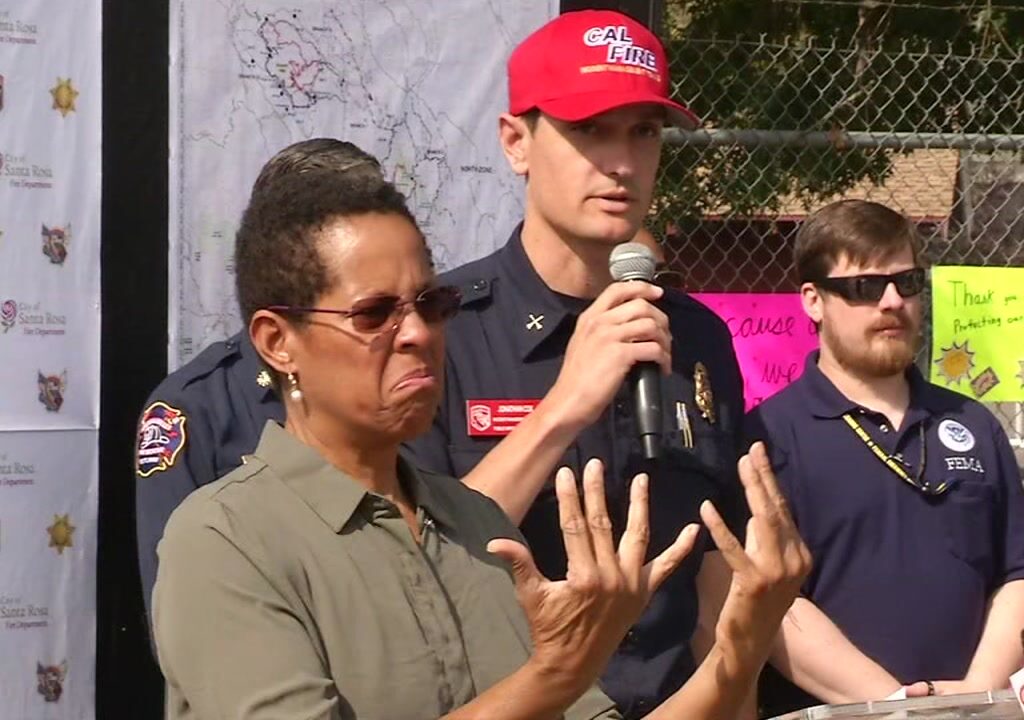The Importance Of Interpreting During Emergency Situations

In times of crisis, clear communication saves lives. Whether it’s a natural disaster, medical emergency, or public safety announcement, interpreters play an essential role in making sure everyone receives vital information in a way they can understand. At Spot On Interpreting, we’ve seen firsthand how crucial it is to have trained professionals ready to assist […]
Interpreting For The Performing Arts: Bringing The Stage To Everyone

The theater has always been a space where creativity and emotion meet—but for many Deaf and hard-of-hearing audience members, that magic can be lost without access to interpreters. Interpreting for the performing arts requires a rare blend of linguistic skill, artistry, and timing to ensure that everyone in the audience can share the same experience. […]
The Future Of Artificial Intelligence In Sign Language Interpreting

The world of interpreting is changing fast, and one of the biggest developments on the horizon is the rise of Artificial Intelligence (AI) in communication accessibility. While AI tools are already being used for written translation and captioning, their application in Sign Language interpreting is far more complex—and exciting. At Spot On Interpreting, serving communities […]
How Interpreters Support The Legal System And Equal Justice

Access to justice depends on understanding—and interpreters make that possible. In the legal system, accuracy is not just important; it’s essential to fairness. Court interpreters ensure that Deaf and non-English-speaking individuals understand proceedings, protect their rights, and fully participate in the justice process. At Spot On Interpreting, we provide trained legal interpreters across Los Angeles, […]
The Growing Need For Interpreters In Virtual Settings

As remote work and telehealth continue to expand, virtual interpreting has become an essential service for accessibility. Whether through Zoom meetings, online classrooms, or digital conferences, interpreters bridge the communication gap between Deaf, hearing, and multilingual participants—no matter where they are located. At Spot On Interpreting, we’re proud to serve clients in Long Beach, Sacramento, […]
Interpreting In Emergency Situations: The Importance Of Quick, Accurate Communication

During emergencies, every second counts—and clear communication can save lives. Whether it’s a natural disaster, a hospital emergency, or a police encounter, interpreters play a vital role in ensuring that Deaf, hard-of-hearing, and limited-English-speaking individuals receive critical information quickly and accurately. At Spot On Interpreting, our certified interpreters are trained to handle high-stress environments across […]
The Future Of Interpreting: Embracing Hybrid And Virtual Models

The interpreting industry is evolving faster than ever. With technology reshaping how people connect, hybrid and virtual interpreting models are becoming essential for accessibility in the modern world. At Spot On Interpreting, we’ve seen firsthand how virtual interpreting can enhance flexibility and reach while maintaining the quality and personal connection clients expect. We proudly offer […]
The Growing Demand For Legal Interpreting Services

The courtroom is one of the most complex communication environments in society. Every word carries weight—and a single misunderstanding can change the outcome of a case. That’s why legal interpreting is one of the most demanding and specialized branches of the profession. At Spot On Interpreting, we proudly serve law firms, courts, and government agencies […]
Interpreting In Emergency Situations: The Importance Of Clear Communication

When emergencies strike—whether it’s a natural disaster, a hospital crisis, or a public safety alert—communication becomes a matter of life and death. For Deaf and hard-of-hearing individuals, timely access to professional interpreters is not just helpful; it’s essential. At Spot On Interpreting, we understand the urgency and sensitivity of these moments. Our interpreters in Los […]
The Future Of Interpreting: How AI And Human Expertise Can Work Together
As artificial intelligence continues to advance, many industries are exploring ways to use it efficiently—and interpreting is no exception. While AI-powered translation tools can speed up certain communication tasks, they cannot replace the empathy, ethics, and cultural understanding that professional interpreters bring. At Spot On Interpreting, serving Los Angeles, San Francisco, Las Vegas, and New […]
